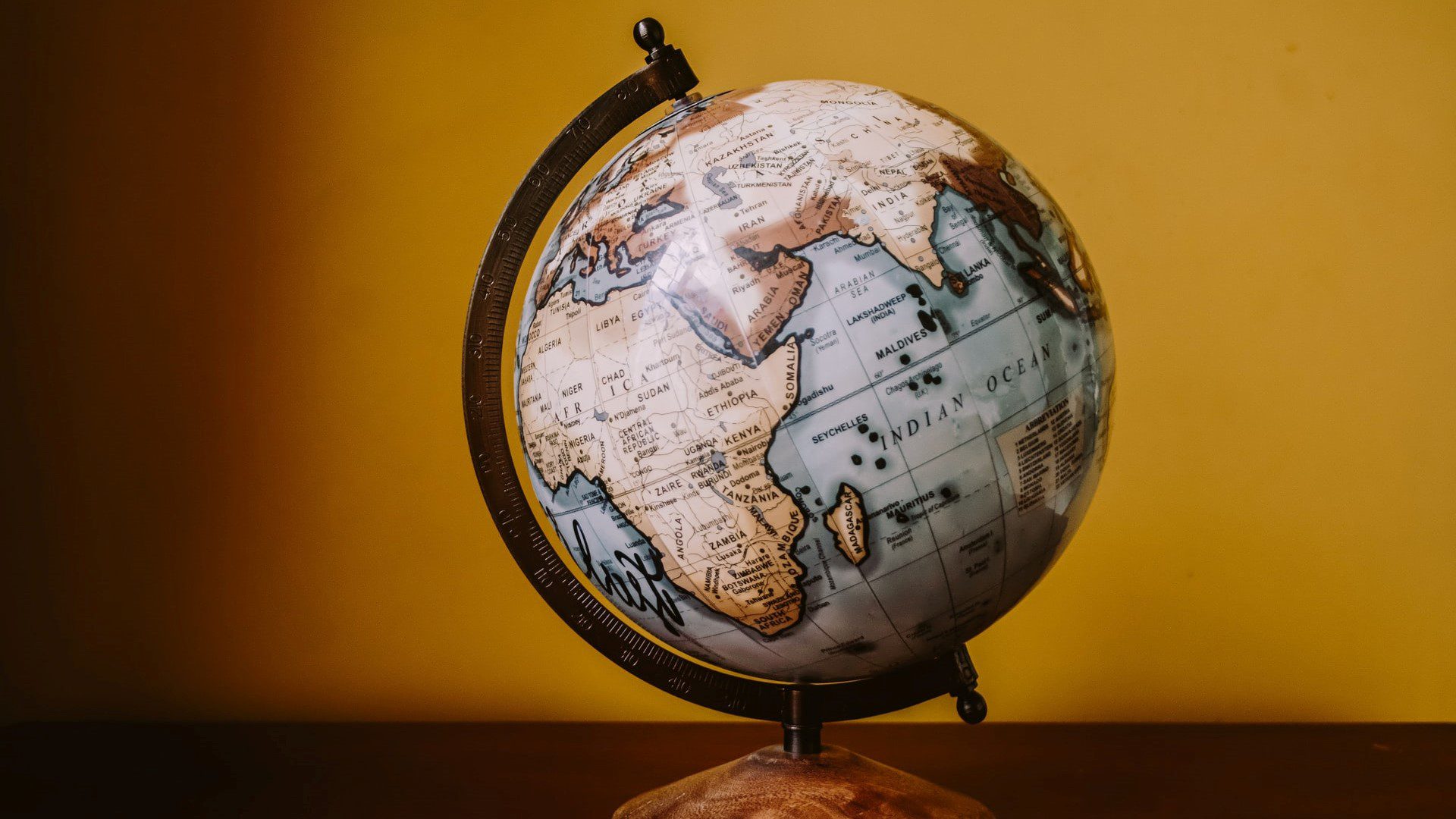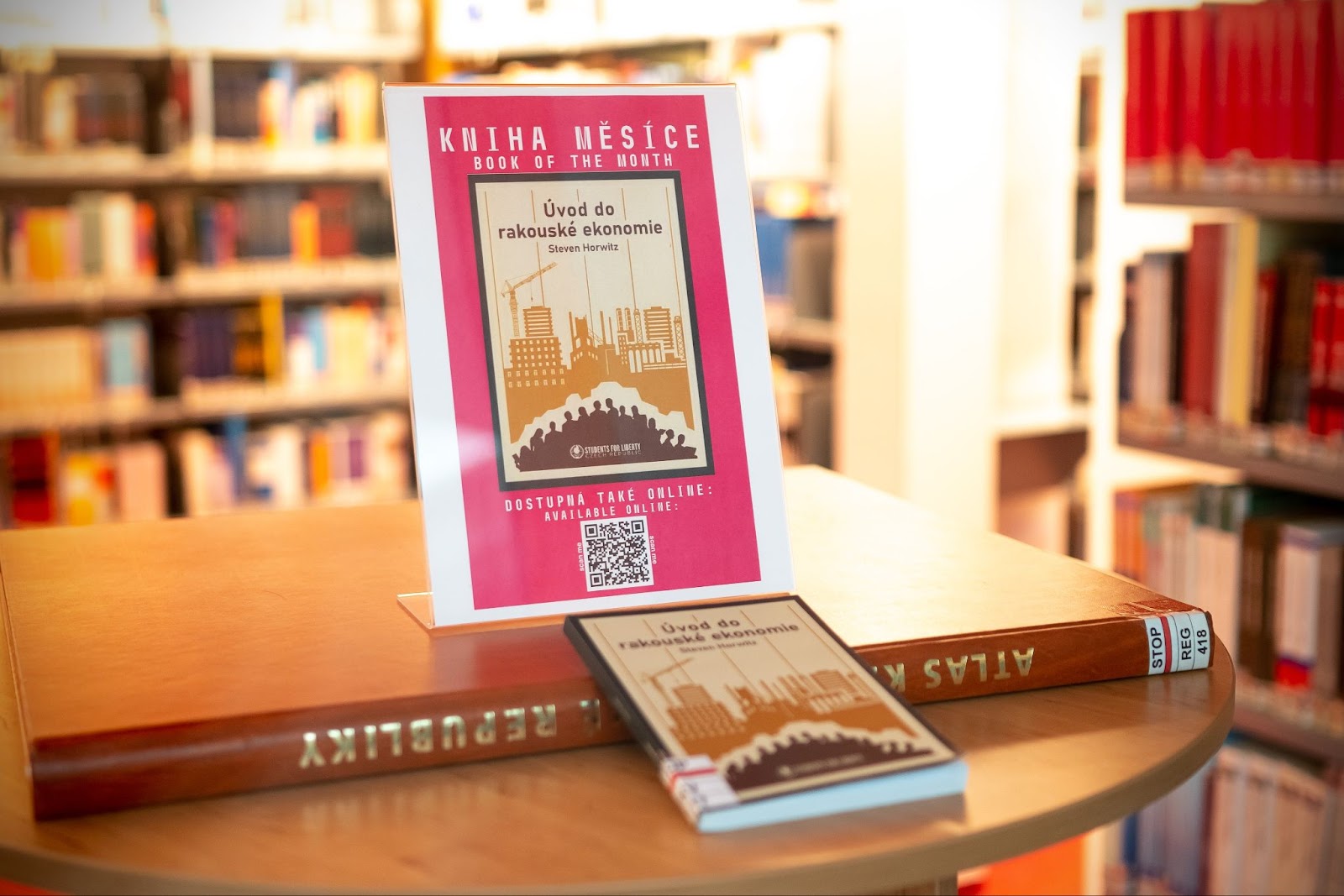Open borders and free trade must come together as a package. Pushing for one without the other amounts to a farce.
Something many campus activists get right is that the way in which the United States treats immigrants is unconscionable and cruel. However, while rightly condemning laws against immigration as amoral, these activists repeatedly underestimate the importance of free trade and its role in promoting economic development, human rights, peace, and international cooperation.
The fact that immigrant families risk everything to cross our borders speaks to an even more powerful injustice, namely a complete lack of economic and social safety in their home countries. The most exploitative relationships happen in situations where people lack options and the ability to move around. While it is true that some do have the food, money, and resources to risk moving to the United States, the reality is that many others are completely destitute, stranded in a desert of poverty, and unsure of where to find respite.
Providing opportunities for class mobility
Having open borders would be an excellent means to increase the class mobility of the poor. It has even been argued that significantly easing border restrictions would double the global GDP, as workers could move to wherever they can be most productive.
Doing so would allow the power of commerce to economically empower the world’s poor and minimize the effect of unfortunate circumstances of birth, which leave so many trapped.
However, free trade is as much of an imperative to achieving economic justice as open borders are. Free trade prevents the rich and powerful from further controlling economies. A protectionist regime allows the well-connected to price competitors to participate outside of the market through taxing individuals who would prefer to buy foreign goods. This unjustly disempowers poorer people around the world, instead favoring the politically connected.
Promoting peace and cooperation
Secondly, free trade helps create lasting peace. For those uncomfortable with the idea of wars and their associated brutality, free trade appears to offer a panacea that encourages healthier ways of approaching conflict resolution.
Two major examples demonstrating this virtue are the Golden Arches Conflict Theory and the early development of the European Union, leading to a radical shift away from the conflicts between France and Germany, which previously characterized the existence of both states.
Being deeply committed to peace involves looking at the institutions that promote it. Conceptually, free trade heals relationships by binding people together in pursuit of their mutual interests. Every consensual transaction leaves both buyer and seller feeling as though they’ve benefited from the deal. Since trade is advantageous to both parties, both have a vested interest in maintaining an enduring peace.
Removing barriers to entry
Free trade has an important role to play in directly empowering the world’s poor. Those who support open borders are likely already aware of the debilitating effects of poverty. Free trade can help tackle this problem by removing the preferential tax barriers to entry that prevent the marginalized from bringing their products to market. When given access to the open market, those in poorer countries are provided with greater possibilities.
This is far from simply theoretical. Countries that value free trade are more innovative, and productive, with their residents enjoying a higher income and greater opportunities. It should be no surprise that, unlike where governments restrict options and often require bribes for anyone to do anything, private markets must entice people to willingly choose to trade.
Fostering respect for human rights
Another benefit of free trade is that it fosters a respect for human rights. Countries engaging in free trade tend also to hold more positive attitudes towards liberty and democracy. In such countries, there is a much higher access to goods like telephones, spare parts, and internet access.
This allows for mass movements promoting liberty and dignity to spread more easily, as opposed to places where most economic activity is controlled by the state. A 2004 study by the Cato Institute found that countries that are relatively open to the global economy are significantly more likely to respect civil and political liberties compared to relatively closed countries.
Belief in the moral and economic imperative of open borders seems impossible without acknowledging the bulletproof case for open markets. If a person can move across state lines uninhibited, so should goods.
If justification for open borders rests on alleviating poverty, increasing individual freedom, or promoting human rights, then it would be foolish to not also credit free markets.
To read more about the issue of immigration from a pro-liberty perspective, check out our Immigration Reform cluster page by clicking on the button below.
This piece solely expresses the opinion of the author and not necessarily the organization as a whole. Students For Liberty is committed to facilitating a broad dialogue for liberty, representing a variety of opinions.







